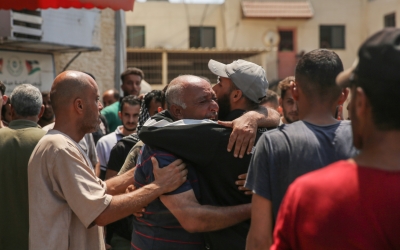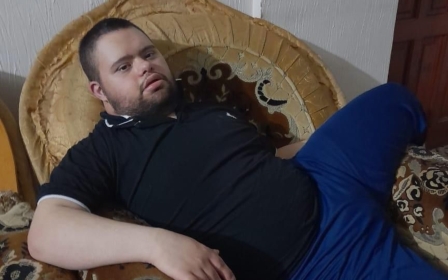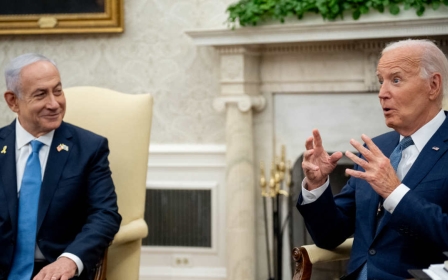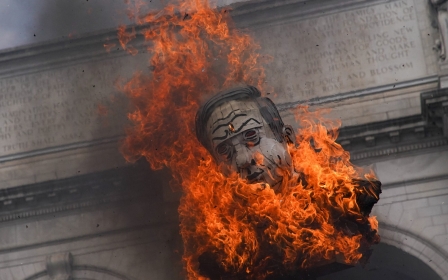Released Israeli captive recounts conversations with Hamas guards in Gaza
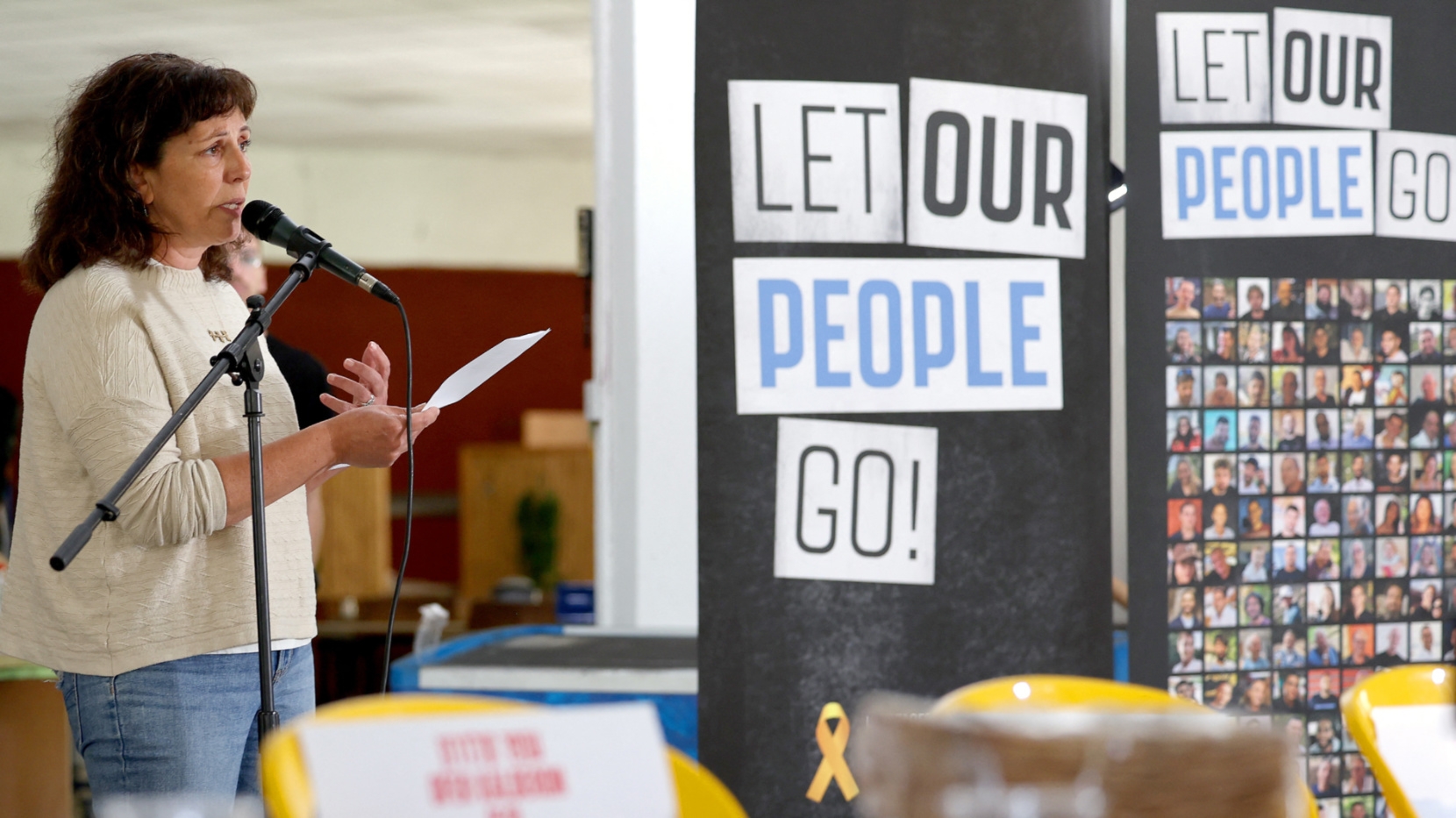
Released Israeli captive Liat Beinin Atzili said in a recent interview that her time in captivity in Gaza was marked by long conversations she had with the Hamas members holding her.
“I understood that what would help me survive was as much communication as possible with them,” she told Israeli newspaper Haaretz in an extensive interview published on Saturday.
“They wanted us to see them as people, and we wanted them to see us as people. So very quickly conversations started about family, about our lives, and it worked. I was totally dependent on those people. I wanted them to like me, I wanted them to get to know me, I wanted them to care about me. That's how you survive.”
On 7 October, Hamas and other Palestinian groups launched a surprised attack on southern Israel, killing around 1,200 Israelis, most of whom were civilians. Around 250 others were taken captive back to Gaza.
Atzili was taken by Hamas on that day from the Nir Oz kibbutz, where she lived with Aviv, her partner and father of their three children.
New MEE newsletter: Jerusalem Dispatch
Sign up to get the latest insights and analysis on Israel-Palestine, alongside Turkey Unpacked and other MEE newsletters
Aviv, a member of the kibbutz security squad, had left the home shortly before Hamas fighters reached it to see what was going on. He was killed and his body taken by Hamas - a fact Atzili was not made aware of until she was freed in November.
When the fighters reached Atzili’s home on 7 October, she said she was not scared.
“They had weapons but they didn't threaten me,” she said. “They told me, 'You don't have to be afraid, we won't hurt you, come with us.' They gave me time to get dressed and organised, but I wasn't capable of doing that because I was in shock.”
She said the fighters helped her look for her glasses before leaving, but they were all unable to find them.
Atzili initially feared that the fighters would “take everyone out to the big lawn”, similar to what Nazi Germany did during the Holocaust. However, she said, “they didn't touch me, they spoke to me in English and said all the time, 'Don't worry, we won't hurt you.'”
'They weren't going to hurt us'
In Gaza, Atzili was mostly kept in Khan Younis with another woman from Nir Oz, Ilana Gritzewsky. They both held long conversations with the Hamas members who guarded them.
“Obviously I was scared, certainly at the beginning,” she said. “But they kept telling us that Hamas wanted a deal, that it was about to happen, and that their job was to safeguard us. That it was in their interest for us to be in good condition.”
“After a few days, it was pretty clear that they weren't going to hurt us. I was really afraid they would transfer us to other people.”
One of the Hamas members guarding them was a lawyer, while the other was a teacher, according to Atzili.
The conversations went from cooking to politics, with Atzili, a history teacher and a guide at Yad Vashem, Israel's official memorial to the victims of the Holocaust, talking to one of them about the genocide.
“I told him, and at the end he said, 'It's terrible what happened to you [people].' I said, 'Yes, really terrible.' He said, 'I didn't know so many Jews were murdered.'”
Atzili says she and Gritzewski tried to confront their guards about what Hamas did to their kibbutz on 7 October. The captors, who spoke in English, admitted that they were confused as to why Atzili and Gritzewski were taken, stating “we don't fight women”.
The two women were relatively well fed compared to other captives, according to Atzili. She said the guards tried to accommodate for Gritzewski’s vegetarian diet.
A few days before being released as part of a short-lived truce between Israel and Hamas in November, Atzili said she and Gritzewski were moved to Nasser Hospital where the captives who were to be freed were gathered. Middle East Eye could not independently verify the claims about where captives were held.
Upon leaving, one of the captors wished them luck and they exchanged pats on the shoulder, according to Atzili.
“On one hand, it's a terrible crime, what they did to us, and the fact that they chose to participate in it,” she said. “On the other, they treated us humanely in a way that made it possible for us to get through that period alright, all in all.”
Atzili met US President Biden earlier in July, saying he was the first to call her parents to congratulate them on the day she was released from Gaza.
Her family did not receive any messages from the Israeli government, which Atzili says doesn’t disappoint her as “it's a disparity that obviously reflects the role of leadership in different places”.
Atzili told Haaretz that she remains committed to peace following her time in captivity, which was made easier by not fully knowing what happened in Nir Oz. She understands, however, that other Israelis, including families of captives and victims, may feel angrier and more vengeful.
She says she still thinks about what is happening to people in Gaza as the war continues, and accuses her government of having “sacrificed the hostages on the altar of its political survival”.
Middle East Eye delivers independent and unrivalled coverage and analysis of the Middle East, North Africa and beyond. To learn more about republishing this content and the associated fees, please fill out this form. More about MEE can be found here.


